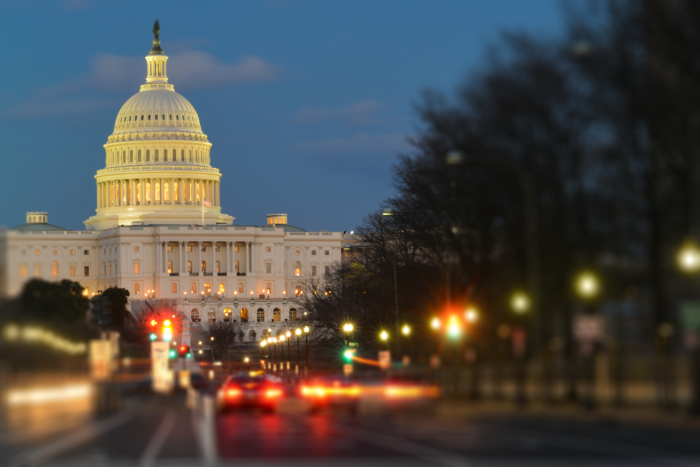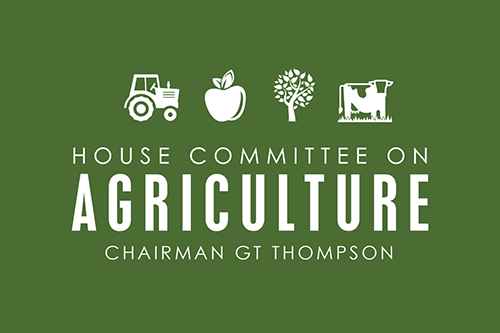 Yesterday, President Joe Biden released a $5.8 trillion budget proposal for the 2023 Fiscal Year, which includes the Administration’s priorities of: Powering a historic economic resurgence; Mounting a forceful response to the pandemic; Delivering progress at home; and Restoring American leadership on the world stage.
Yesterday, President Joe Biden released a $5.8 trillion budget proposal for the 2023 Fiscal Year, which includes the Administration’s priorities of: Powering a historic economic resurgence; Mounting a forceful response to the pandemic; Delivering progress at home; and Restoring American leadership on the world stage.
While the White House budget is very high level, each department also provides a more detailed proposal.
Rural Cooperatives
Within the U.S. Department of Agriculture’s budget request, the agency proposed an increase to the Socially-Disadvantaged Group Grants (SDGG) to $4.1 million, up from $3 million in Fiscal Year 2022. SDGG funds provide technical assistance to rural cooperatives composed of socially-disadvantaged groups and to cooperative development centers supporting socially-disadvantaged cooperatives in rural communities. The Budget also proposed level funding to the Rural Cooperative Development Grant program at $5.8 million.
NCBA CLUSA and partner organizations are calling for an increase to RCDG in Fiscal Year 2023 to $15 million, and we encourage members to join in this request. More information on the program and how to support these efforts are available here.
The USDA budget also recommends significant increases to the Rural Energy Savings Program (RESP). NCBA CLUSA, in partnership with the National Rural Electric Cooperative Association (NRECA) and the Energy and Environmental Study Institute (EESI), has long advocated for this program. Specifically, the budget requests $26 million for RESP, an increase from $11 million in FY22. RESP provides zero-interest loans to electric co-ops and other eligible entities to invest in renewable energy and energy efficiency improvements directly on homes at no or minimal up-front cost to the residents. Then, the cost of the investments is paid back through the residents’ monthly utility bill, a mechanism called on-bill financing. Because of the strong performance of this program—including zero missed payments throughout the programs existence—the Administration estimates that the $26 million could be leveraged to provide approximately $254 million in direct loans.
International funding
The President’s budget request also proposes investments in cooperatives for development assistance to advance U.S. interests around the world. These programs are funded both through USDA’s Foreign Agricultural Services and the U.S. Agency for International Development (USAID).
Specifically, USAID highlights their priority to invest in locally-led development to better partner with “new, non-traditional, and diverse actors…to address critical development and humanitarian challenges,” and include cooperatives in their subset of organizations to advance this work. In total, the budget calls for a 17 percent increase in funding for international affairs programming to address global challenges.
The USAID and USDA budgets include recommendations to increase funding for the Food for Peace Program, Food for Progress, and the McGovern-Dole International Food for Education and Child Nutrition Program, all of which seek to eradicate hunger and poverty across the globe both through locally-led development and by using food resources from the United States to develop and expand agricultural economies in different countries.
In response to the Fiscal Year 2023 Budget Request, NCBA CLUSA President and CEO Doug O’Brien said, “NCBA CLUSA applauds the Administration for investing in co-ops as a tool to promote more inclusive, resilient and sustainable economies domestically and around the world. We look forward to engaging with appropriators in Congress to ensure that more people are empowered to use the cooperative business model to recover from the impacts of the Covid-19 pandemic and build a more prosperous future.”


